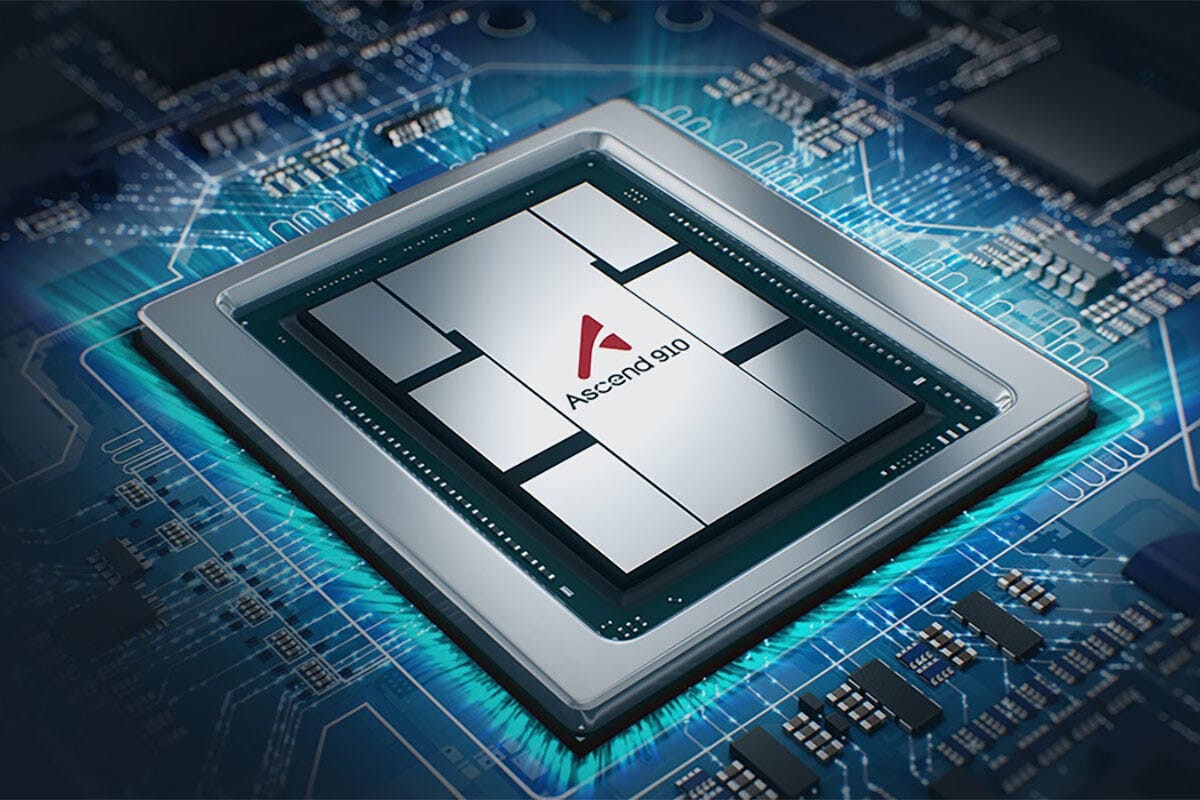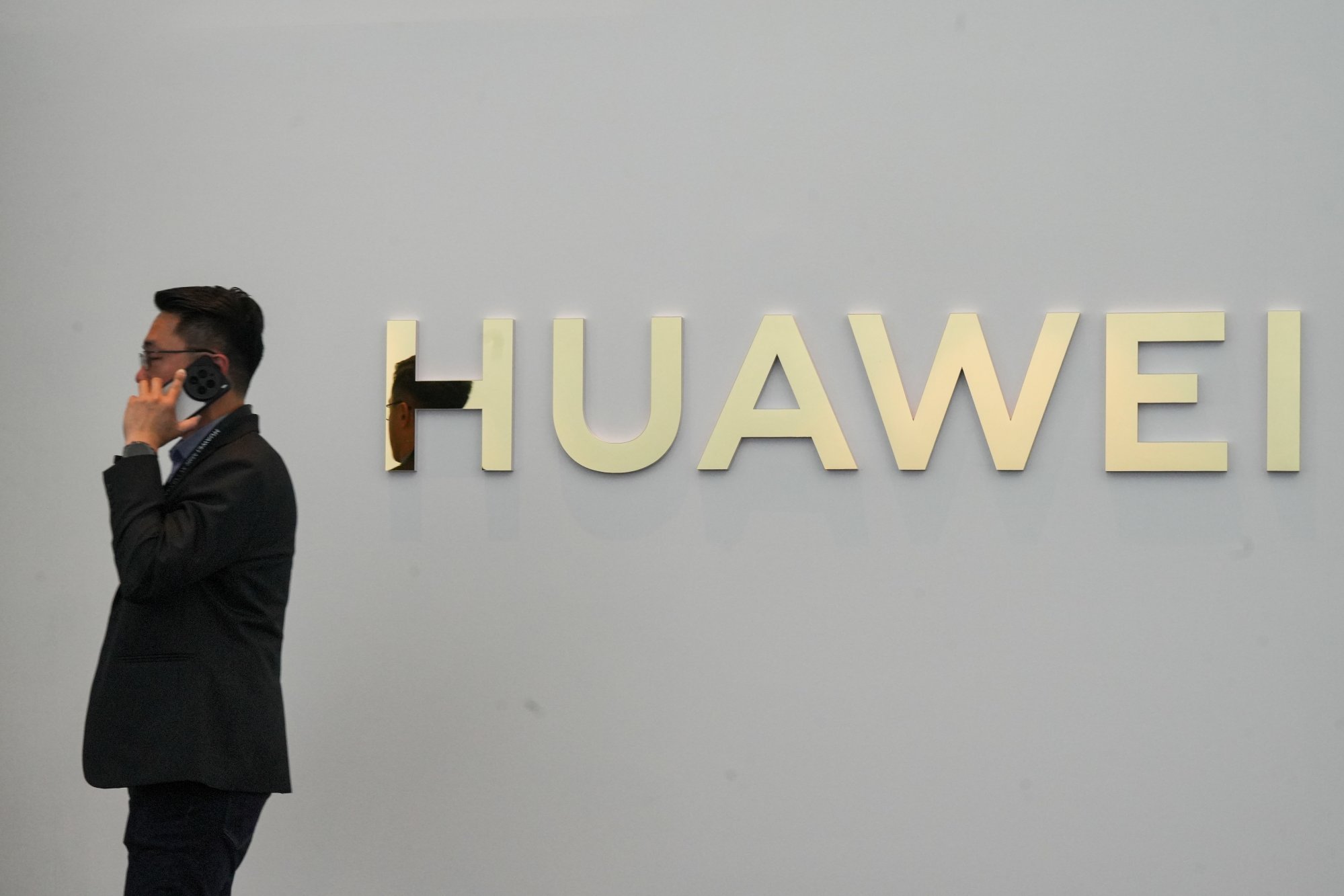Tech war: Malaysia walks back from AI project with Huawei as tech giant denies chip exports
The Malaysian AI project grabbed attention amid intensifying tech rivalry between Beijing and Washington

The Malaysian government has walked back from an artificial intelligence (AI) project that involved the use of Huawei Technologies’ equipment, as the Chinese tech giant denied exporting its Ascend chips to the Southeast Asian country, highlighting sensitivity on both sides amid US efforts to block the use of Huawei AI chips.
On Monday, Malaysia launched its large computing project dubbed the Strategic Artificial Intelligence Infrastructure. The project marked the first deployment of Huawei’s chips and servers outside China, Malaysia’s Deputy Communications Minister Teo Nie Ching was quoted as saying to state news agency Bernama.
The report did not specify which Huawei chips and servers would be used in Malaysia. In a subsequent update on Tuesday, references to Huawei were scrubbed from the report.
The Malaysian Ministry of Investment, Trade and Industry said in a statement on Wednesday that the AI infrastructure initiative involving Huawei was “not developed, endorsed, or coordinated by the government of Malaysia”, keeping its distance from the deal.
The Malaysian AI project grabbed attention amid intensifying tech rivalry between Beijing and Washington. The US Department of Commerce recently issued guidelines that threatened regulatory action against anyone using Huawei Ascend chips in any part of the world, based on the argument that the chips violate US export control rules.

The Chinese government hit back at the move, with the Ministry of Commerce issuing a statement on Wednesday saying that it would target those enforcing the US sanctions on Huawei AI chips with China’s own anti-sanction law.
The combination of Huawei’s hardware, including chips, and Chinese open-source models such as DeepSeek, could result in a tech ecosystem free from US technologies, offering an alternative to systems that typically run on Nvidia hardware and software from the likes of ChatGPT maker OpenAI.
The Malaysian case highlights the challenges in maintaining a balance between the two tech superpowers. Under the now-rescinded AI Diffusion Rule introduced by the administration of former US president Joe Biden, Malaysia was classified as a Tier-2 country, where imports of advanced US graphics processing units (GPUs) were restricted – a move aimed at preventing Chinese firms from using the country as a workaround.
The administration of US President Donald Trump cancelled the rule before it took effect, and new regulations have yet to be announced.
Meanwhile, Huawei has maintained a low profile with regard to its AI chips, not revealing public information about progress or production schedules.
In a statement to the Post on Tuesday, the Shenzhen-based company said it “does not sell Ascend chips in Malaysia, and the Malaysian government has not ordered Ascend chips from Huawei”.
On Chinese social media, posts about “Huawei exporting Ascend chips to Malaysia” were also censored by Thursday.
Industry sources, who declined to be named, told the Post that Ascend AI chips, which are on par with certain Nvidia chips in terms of performance, are mainly for domestic users partly due to their limited availability.